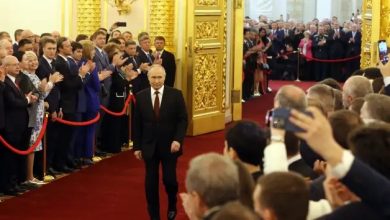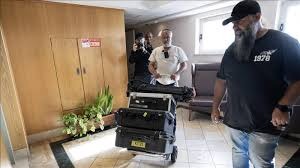Pakistan began voting for its historic election
Islamabad: Pakistanis began voting on Saturday in a landmark election that will bring the first transition between civilian governments in a country ruled by the military for more than half of its turbulent history.
A spirited campaign over the past few weeks by cricketer-turned-politician Imran Khan, 60, has boosted the chances of his Pakistan Tehrik-e-Insaf party, particularly in Punjab province which has 147 – or more than half – of the 272 parliamentary seats for which polls will be held.
Some experts point out that Khan, who is hospitalized after having fallen down from a forklift during campaign, could gain some sympathy votes. The National Assembly or lower house of parliament has a total of 342 seats and the rest will be allocated to women and minority candidates nominated by parties.
The PML-N and Khan’s party were the only major political forces that were able to conduct a nationwide campaign after the banned Tehrik-e-Taliban Pakistan warned that it would target leaders and rallies of the secular-leaning PPP, Awami National Party and Muttahida Qaumi Movement, which were part of the outgoing coalition.
As many as 75,000 soldiers stood guard across Pakistan as polling began on Saturday. Security cameras had been installed where necessary, a military official told Dawn.
Armoured personnel carriers will be used in most sensitive areas and aerial surveillance of these areas will also be conducted.
Army is not taking any chances and sniffer dogs too will be pressed into service. The official said 5,000 troops had been deployed in polling stations identified as most sensitive.
Pakistan witnessed a string of terror attacks in the run-up to the elections. The Pakistan Taliban has vowed more attacks on Saturday.
In the violence ahead of the election, militants mostly targeted secular-leaning parties in the PPP’s outgoing coalition and largely spared more conservative parties that question Pakistan’s participation in the US-led campaign against militancy, including those of both Khan and Sharif.
Many Pakistanis still plan to vote despite the bloodshed.
“I want to go out and vote but my parents are scared there will be a bomb or a shooting,” said 21-year-old Nargis Fatima, a student in Quetta, one of Pakistan’s most volatile cities.





